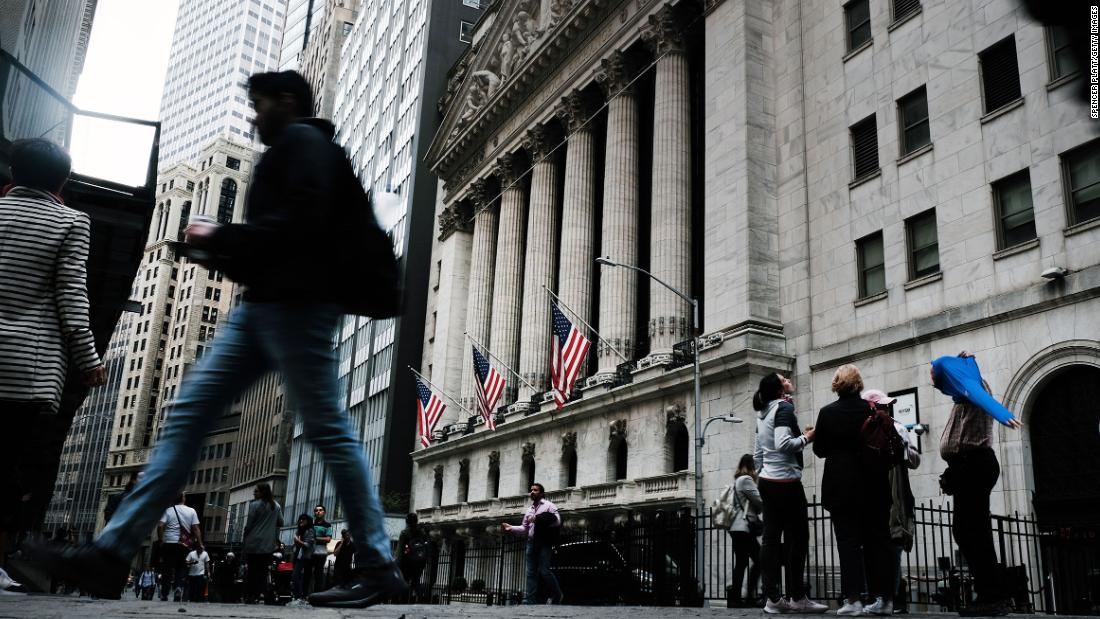
At one point, the 10-year Treasury note hit 3.19%, its highest yield since late 2018.
The moves follow an incredibly volatile week on Wall Street. It marked the fifth straight week of losses for all three major US stock indexes.
“The Ukraine war, a global energy shock and the risk the Fed tries to fight the supply-driven inflation have sparked a reassessment of macro scenarios among market participants,” wrote Blackrock analysts in a note Monday morning. “We also see little chance of a perfect economic scenario of low inflation and growth humming along.”
“I’ve been in the markets for 25 years and I’ve never seen anything like this,” said Danielle DiMartino Booth, CEO and chief strategist for Quill Intelligence, a Wall Street and Federal Reserve research firm. “It’s violent not just volatile.”
Investors are waiting for a key inflation gauge, the Consumer Price Index, later this week.
“If you want to be a cup-half-full sort of person, the lack of new bad news is something to hold onto and Wednesday should see US core and headline CPI inflation fall back,” wrote Societe Generale strategist Kit Juckes in a note Monday. A drop in inflation could “calm markets sufficiently” and reverse the sell-off by the weekend, he said.
Still, as earnings season draws to its conclusion, forecasts for the next quarter remain weak. Mentions of ‘weak demand’ in earnings reports are now at their higher level since the second quarter of 2020, according to research by Bank of America analysts.
“Our guidance ratio, earnings revision ratio, and corporate sentiment reading all plummeted to the lowest since [the second quarter of 2020],” they wrote, “adding to recession concerns.”

